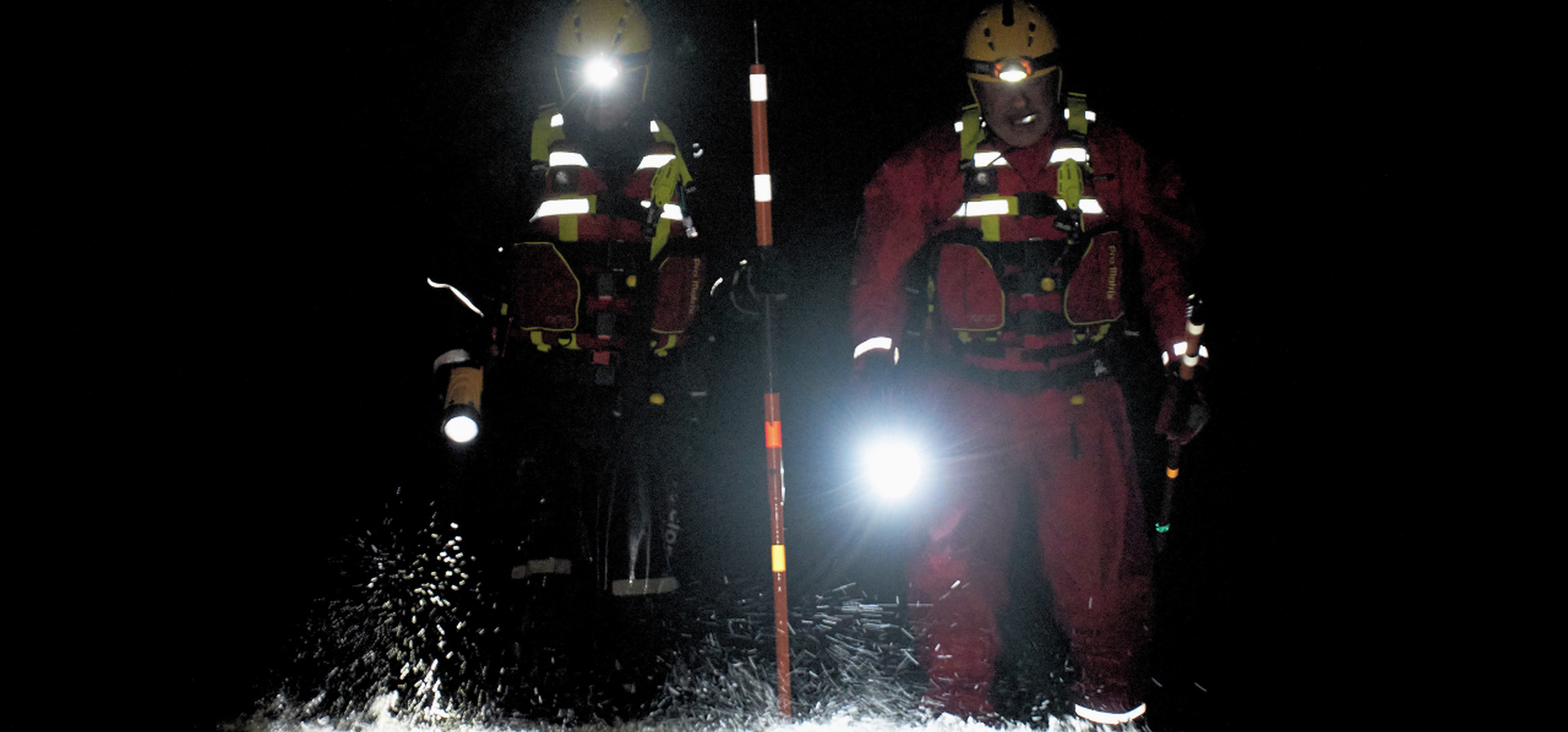The Hidden Cost of Stepping Up and What We Owe Our Volunteers

Posted by Olivia Everett 03rd June 2025 Mental Wellbeing
Estimated Reading Time: 3 mins
It’s Volunteers’ Week, and at REACT Disaster Response, we are proud to celebrate the courage, commitment, and compassion of our volunteer Responders who step forward in moments of crisis.
But alongside that celebration, it’s time we said something out loud: what else does the system take from our volunteer Responders and humanitarians across the sector?
At REACT, many of our Responders are veterans. 37.23 per cent if we are going to be accurate about it. Others are paramedics, firefighters, logisticians, civil servants. Some are parents, students, carers. They don’t just give us their time. They give their skill, and always for free as they are all volunteers.
And what unites all our volunteer Responders is not only the willingness to respond at a moment’s notice, but the cost they carry long after the response ends.
Because the crisis doesn’t stop when deployment does.
The hidden cost of stepping up...
Our teams go where few are equipped to respond, and as they walk into earthquake, flood, and conflict zones, they do so with REACT training behind them, but also professionalism, compassion, and speed. But none of it is without cost.
We don’t talk enough about the aftershocks of deployment. The system will thank you for your dedication, the time you gave, but rarely ask what it cost you. Or even what it means to carry the memories of the work home.
No one tells you how strange it feels to go from a flood zone to your work inbox in 24 hours. To hug your children as your body still processes the immense human suffering it saw.
In 2023 alone, 280 aid workers were killed across 33 countries. This is the highest number ever recorded. Over 163 were killed in Gaza in just the first three months. These are not just tragic statistics; they reveal a brutal truth that volunteering can cost you your life.
Even outside conflict zones, the risks remain. Physical exhaustion, trauma exposure, the relentless emotional weight of being the one who steps in. This takes more than courage. It demands preparation, resilience, and deep care.
That’s why REACT Responders undergo rigorous training. From trauma-informed safeguarding to operational readiness, so they can act fast, ethically, and with care. But no amount of training can erase the emotional toll. And no amount of agility should ever come at the expense of wellbeing.
So what are we doing about it?
We’re proud that trained Mental Health First Aiders are now part of every REACT deployment. They too are volunteers - people who hold space, offer grounding, and ensure no one goes unseen.
They’re not there to "fix" pain. They’re there to acknowledge it. To say:
You are not alone in this. What you felt was real.
You’re allowed to name what it took from you and still call yourself a humanitarian.
It’s okay to say this is a tough gig
We are living through an age of compounding crises - climate, conflict, displacement. Volunteers are being asked to carry more, for longer, and often with less support.
Resilience should never mean silence. Compassion fatigue is not failure, it is evidence you cared. Mental health training, peer support, and honest debriefs are not nice-to-haves, they are the backbone of sustainable humanitarian work.
Veterans, volunteers, and complexity
For many of our veteran Responders, volunteering is both a continuation and redefinition of service. It offers purpose. But it can also reopen things left behind. We honour that complexity. We honour those who return again and again, not because it’s easy, but because they believe in something greater than themselves.
So thank you.
To every REACT volunteer who packs a bag at a moment’s notice. Who shows up in floods, earthquakes, and war zones. Who stays calm under pressure and then feels everything after - thank you.
To every volunteer who provides surge support to HQ, fundraise by climbing a mountain, or sits behind a screen at 2am. Who gives under the pressure, but with less visibility and feels everything after - thank you.
We see you. We honour you. And know that we are doing all that we can to build a system that takes care of our humanitarians who give so much.
